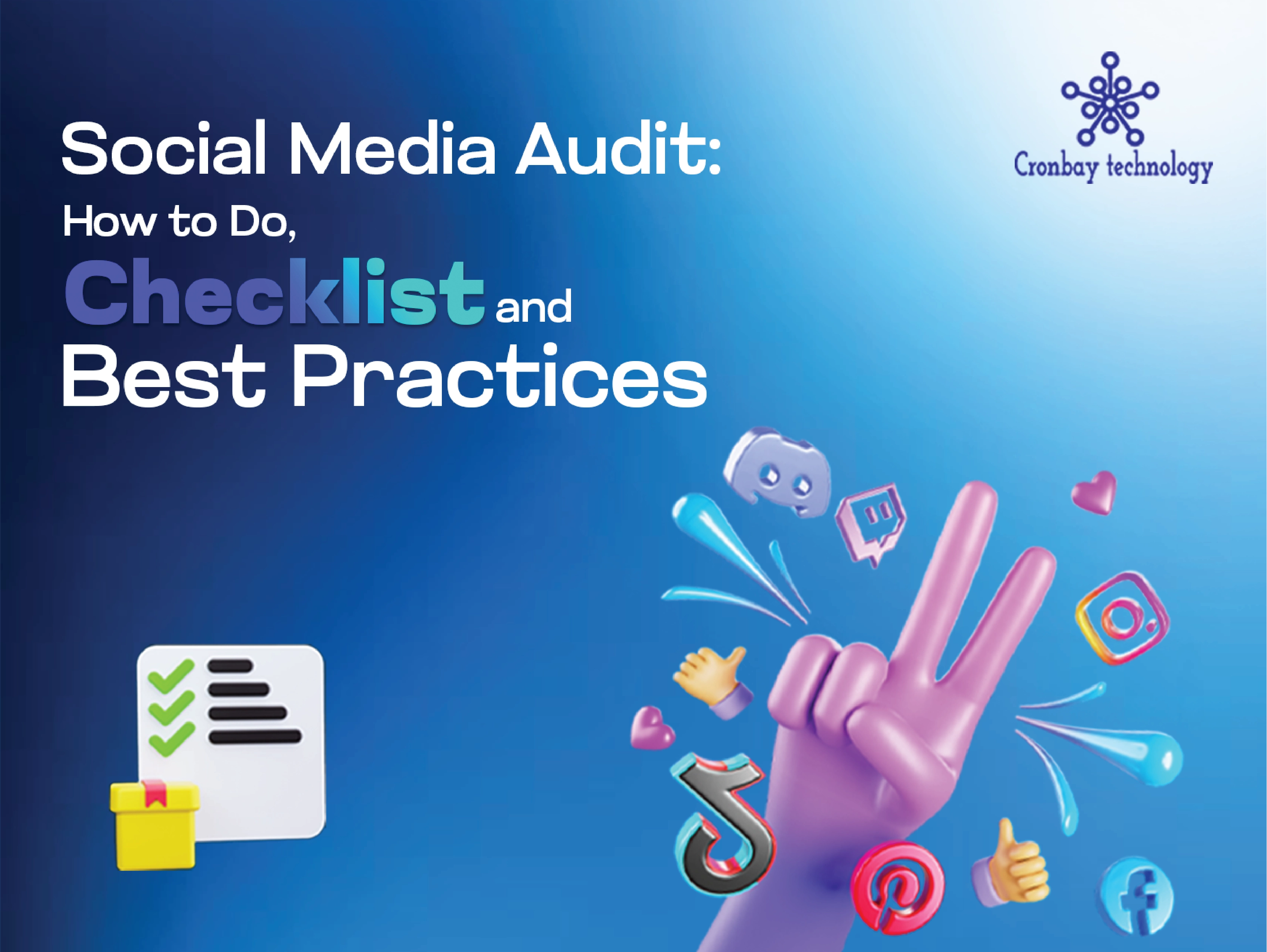In order to obtain an idea of what your target audience is looking for on Google, you need to do keyword research. You may use this information to improve your content strategy as well as your overall marketing plan.
When performing internet research, many people rely on keywords to help them locate answers. According to Moz, more than 54 percent of all search queries consist of at least three words. As a result, you stand to get more visitors if your content is seen by our target audience when they are doing searches on our site. As a result, you should concentrate your efforts on such queries.
How do we do keyword research for SEO?
- Start with a list of your company's most critical and relevant issues to your company
Start by categorizing the keywords you wish to rank for into general categories. There are around five to ten subject buckets you believe are relevant to your company, and those topic buckets will be used later in the process to generate particular keywords.
- Fill the subject buckets with relevant keywords
To narrow your focus, you need to choose a few keywords that fit the various subject groups. If you believe your target consumer is searching for these keywords, you should try to rank for them in the SERPs (search engine results pages).
- Analyze the Effects of Intent on Keyword Research
Ranking high on search engines like Google is increasingly heavily reliant on understanding the user's intent. In today's world, it's more crucial than ever before that your web page solves the issue that a searcher was trying to solve when they came to your site. What does this mean for your keyword research?
Unfortunately, keywords may have a wide range of meanings underneath the surface, and accepting them at face value is tempting.
- Do a keyword search
You could have already considered this step if you've been performing keyword research, you could have already considered this step. An excellent method to fill up such lists if you don't already have one. Look at the related search phrases that display when you enter a keyword into Google if you're having trouble coming up with new keywords for a particular issue.
- Make use of keyword research tools
Several free keyword research and SEO tools may assist you to come up with new and better keyword suggestions based on your first study.
What is the best keyword research tool?
Let's examine some of the most excellent SEO keyword research tools available-
- SEMrush
If you're looking to boost your search engine rankings, SEMrush has all the tools you need. To get the most out of the tool, all you have to do is enter a keyword. Semrush's competitive keyword analysis is what sets it different from its competitors. To uncover new chances, you may input your rivals' websites and Semrush will audit the keywords they are ranking for that you aren't, making it simple to find new keywords.
- AnswerThePublic
The way AnswerThePublic does keyword research is a little different from the way most other tools operate. They display keywords visually, but they may also be viewed as a list or downloaded as an a.csv file.
You don't even need to establish an account to utilize this tool if you're just starting with SEO and keyword research. It's as simple as typing in your search term and seeing what comes up.
- Ubersuggest
If you're looking for a free tool to help you find the most relevant keywords for your website or blog, Neil Patel's Ubersuggest is a great option. Additionally, a list of the top 100 Google results for that term with projected visitors, number of backlinks, domain score, and the total number of social shares may be shown, in addition to the many recommendations for similar keywords.
- Ahrefs
One of the most prominent keyword research tools is Ahrefs, which has much in common with SEMrush. Entering a term into the search box in the Ahrefs keyword explorer will bring you a list of potential keywords to consider. After then, you'll be presented with a slew of keyword ideas.
- Google's Keyword Planner
Each page should include a single primary keyword and two or three variants of that phrase for SEO purposes. To get high rankings in search engine results, each page must be laser-focused on a particular subject. Select one to three keywords for each page of content.
How many keywords should I use for SEO?
Using the same terms over and over again is a bad idea. A separate set of keywords should be used for each page. There will be competition in the search engine if you employ the exact keywords on every page.
Never use the same term twice on the same page. SEO and ranking attempts might be harmed by "keyword cannibalization," which refers to the practice of using the exact keywords on many pages.
How do you target keywords?
If you want to use keywords in your blog posts, here's a simple three-step procedure.
- Keyword research is the first step.
You must first evaluate which keyword phrases are likely to bring in relevant traffic before you can target anything. The kind of research you do will be determined by the post's objectives. Use Google Trends or Google Suggest to discover search phrases if you're looking for a trending subject.
- Focus on a particular area of study
You'll have to restrict your focus to something that will nonetheless interest a sizable audience. A particular and relevant version may be rapidly found using keyword grouping tools like WordStream for SEO. You may utilize a keyword tool (and your judgment) to develop an appropriate phrase when everything else fails.
- Compose and improve your article
Don't forget to include your keyword in the title tag, as previously instructed. Search engines use it as a primary cue. Including text on the website is essential for every kind of post, even if it's only a video. In the body of the text, include your keyword and any relevant variants. Meta elements, such as the file name and alt text of your photographs, should consist of the keyword.
How long is keyword research?
As part of your SEO strategy, you should do keyword research to determine what your customer persona is looking for. It takes around ten days to finish keyword research before developing a keyword strategy.
An SEO campaign might use these findings to build a keyword plan to increase organic traffic to your website. A better ranking on Google's search results page may be achieved by inserting keywords into your site and content.
Final Thoughts
If you want to attract visitors to your website, you must do detailed keyword research. There are a variety of ways to do keyword research. A wide variety of keyword research tools are also available to you. The importance of keyword research cannot be overstated in any SEO effort.
As a rule of thumb, search volume and the complexity of keywords might be misleading. Before making a selection, do further research by entering the term into Google and evaluating the results. If you are interested in acquiring assistance from educated professionals, click here to schedule an appointment right now.
Frequently Asked Questions
Q1. In terms of keywords, how wide varieties are there?
Ans. A user's search intent may be classified into four primary types based on the purpose of the search: commercial, transactional, informative, and navigational.
Q2. What do you mean by the term "keyword strategy"?
Ans. All the decisions you make after keyword research are included in your keyword strategy, including the content you intend to generate and how you plan to monitor the outcomes in Analytics. Developing a keyword strategy entails deciding what, when, and how you'll rank for specific keywords in the future.
Q3. What exactly does the keyword research approach entail?
Ans. Search engine optimization's keyword research approach entails gathering and evaluating data from many real-world search queries. To improve your website's search engine rankings, you need to choose keywords that are most relevant to your company and carefully include them in your content (SERP)





